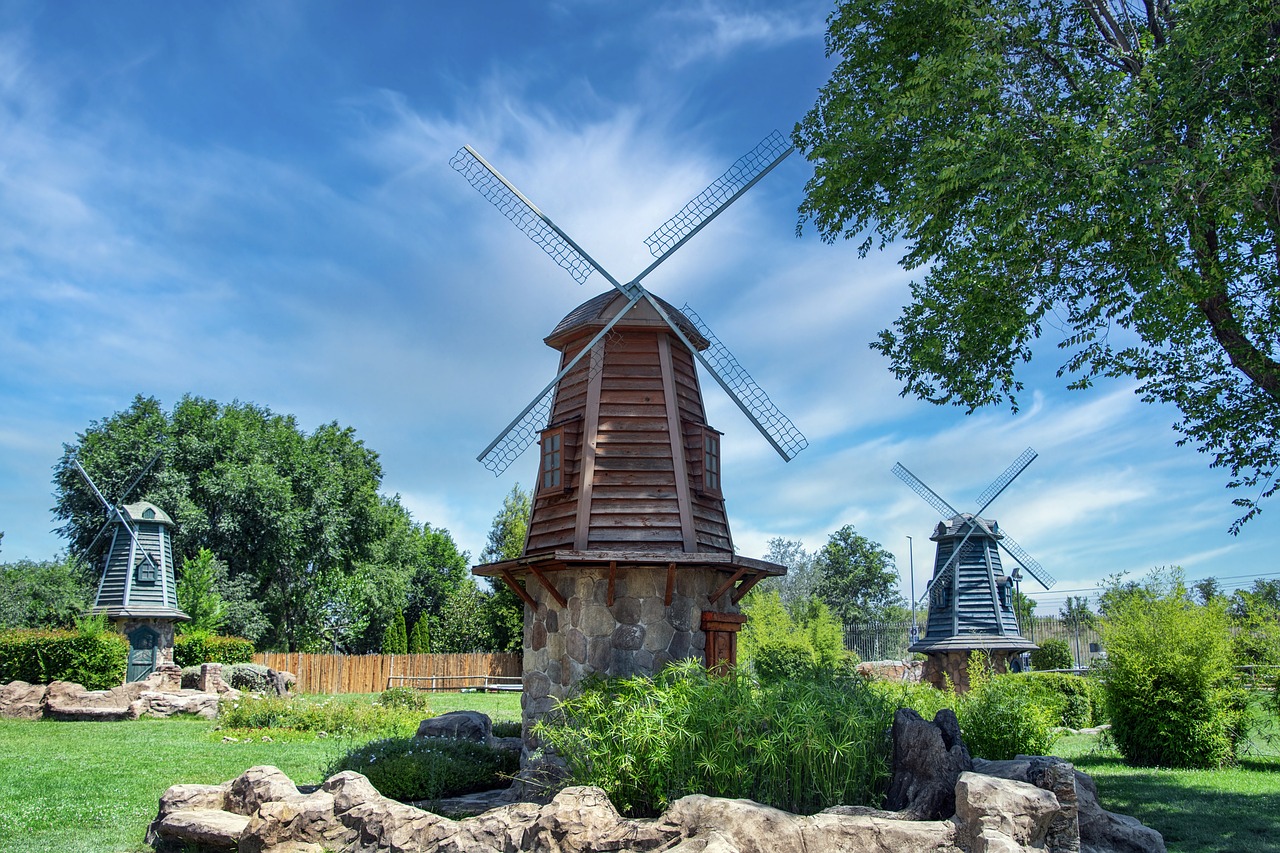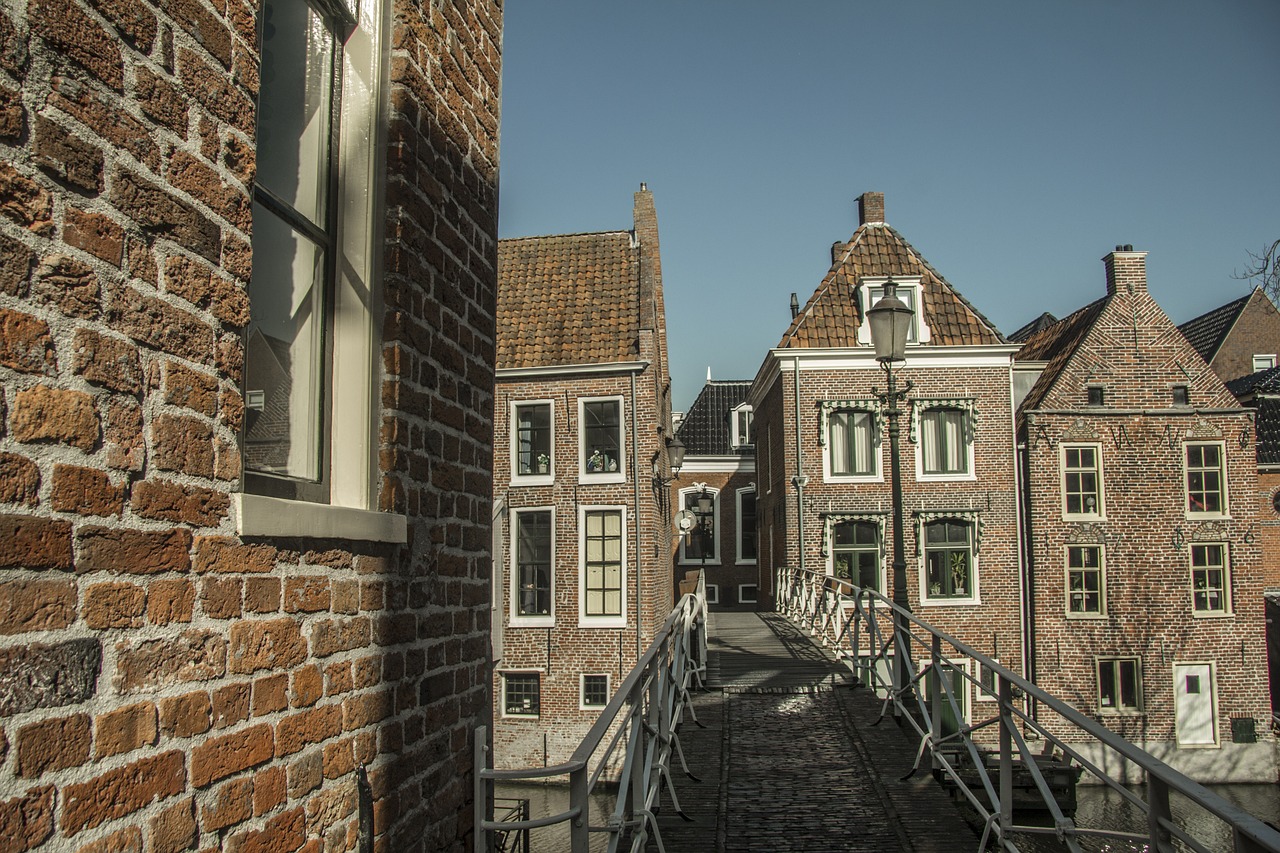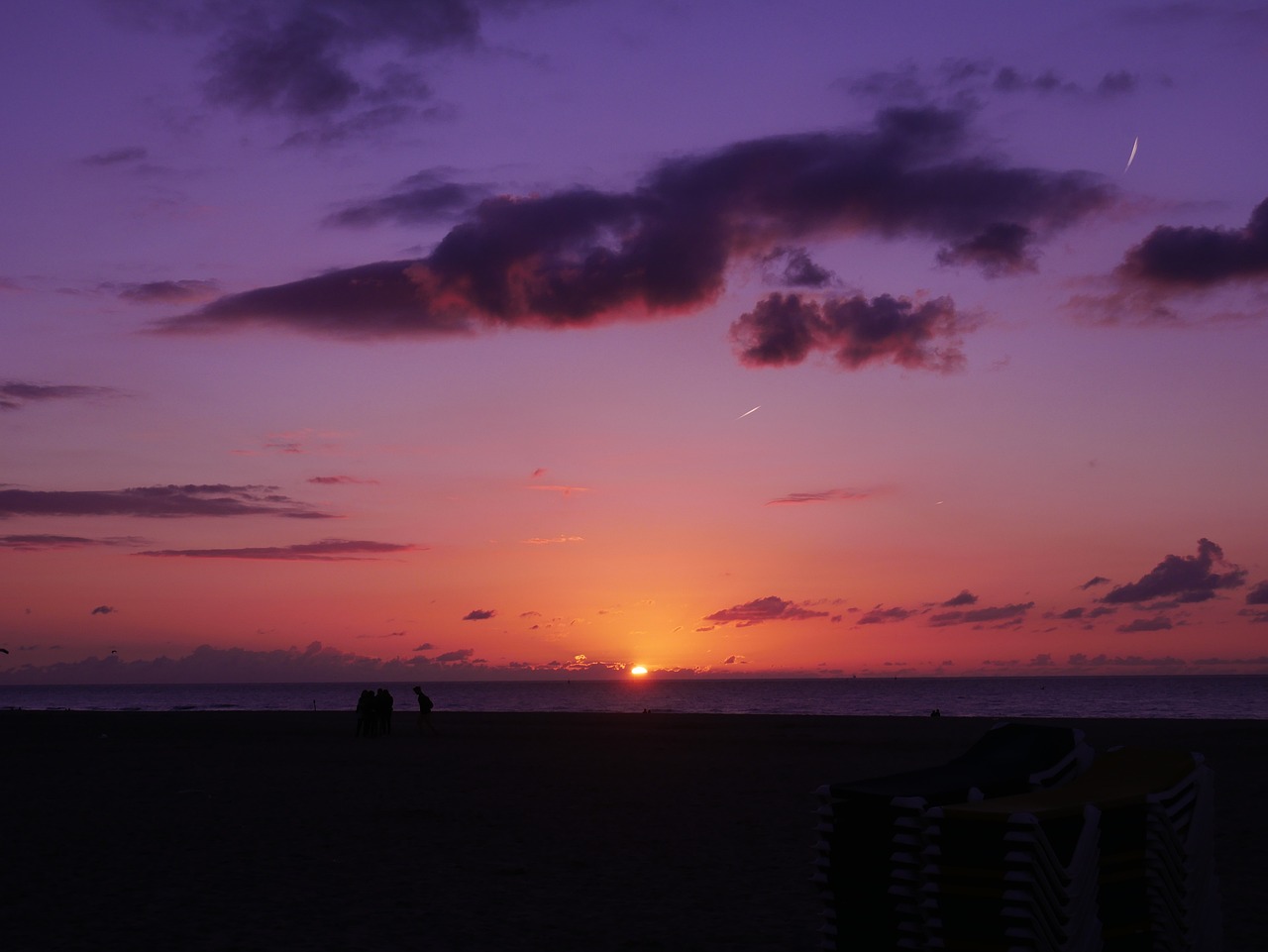Netherlands Video
Maintaining Work-Life Balance in the Netherlands
The Netherlands is known for its high quality of life and emphasis on work-life balance. With a strong focus on family, leisure, and personal well-being, the Dutch have developed a culture that values time outside of work just as much as time spent in the office. In this article, we will explore the various aspects of maintaining work-life balance in the Netherlands, including flexible work arrangements, vacation policies, and recreational activities.
Flexible Work Arrangements
The Netherlands is renowned for its flexible work arrangements, which allow employees to have a better balance between their professional and personal lives. Here are some key features of these arrangements:
- Part-time Employment: Part-time work is common in the Netherlands, with many employees opting for reduced hours to have more time for personal activities and family life.
- Flexible Hours: Many companies in the Netherlands offer flexible working hours, allowing employees to choose their start and finish times within certain boundaries.
- Remote Work: Remote work or telecommuting is increasingly common in the Netherlands, with many companies embracing technology to facilitate work from home or other locations.
Part-time work is highly regarded in the Netherlands, and many companies offer flexible schedules to accommodate employees’ needs. This allows individuals to strike a balance between their work obligations and personal responsibilities.
Flexible hours provide individuals with the freedom to adapt their work schedules to fit their personal preferences and obligations. This flexibility enables employees to better manage their time and achieve a healthier work-life balance.
Remote work offers employees the opportunity to eliminate commuting time and work in a more comfortable environment. This flexibility contributes to a better work-life balance by reducing stress and increasing productivity.
Vacation Policies
The Netherlands has generous vacation policies that allow employees to take time off and recharge. Here are some highlights of the vacation policies in the country:
- Minimum Annual Leave: Dutch law mandates a minimum of 20 vacation days per year for full-time employees.
- Public Holidays: The Netherlands celebrates several public holidays throughout the year, providing additional opportunities for employees to enjoy time off.
- Parental Leave: The Netherlands has comprehensive parental leave policies, allowing new parents to take time off to care for their children.
Employees in the Netherlands are entitled to a minimum of 20 vacation days, ensuring that they have ample time to relax and rejuvenate outside of work. Some companies even offer additional vacation days to attract and retain talent.
Public holidays, such as King’s Day and Christmas, allow individuals to spend quality time with their families and engage in recreational activities. These holidays contribute to a healthy work-life balance by promoting rest and leisure.
New parents in the Netherlands can take advantage of parental leave, which includes both maternity and paternity leave. These policies support the well-being of families and help parents maintain a healthy work-life balance during the early stages of parenthood.
Recreational Activities
The Netherlands offers a wide range of recreational activities that contribute to a well-rounded work-life balance. Here are some popular activities enjoyed by both locals and expatriates:
- Cycling: The Netherlands is famous for its extensive cycling infrastructure, making it a cyclist’s paradise.
- Outdoor Sports: The Dutch love outdoor sports, such as soccer, hockey, and tennis.
- Art and Culture: The Netherlands is home to world-class museums, galleries, and theaters.
Cycling is not only a mode of transportation but also a popular recreational activity in the Netherlands. With dedicated bike lanes and beautiful countryside routes, cycling provides a great way to stay active and enjoy nature.
Engaging in outdoor sports is a common pastime for many Dutch people. Joining local sports clubs or participating in recreational leagues allows individuals to stay fit, socialize, and have fun outside of work.
Exploring the rich art and culture scene in the Netherlands is a popular leisure activity. Visiting museums like the Rijksmuseum or attending theater performances allows individuals to broaden their horizons and appreciate the country’s cultural heritage.
Netherlands Image 1:

Work-Life Balance Initiatives
Aside from flexible work arrangements and recreational activities, the Netherlands also has various initiatives in place to promote work-life balance:
- Employee Well-being Programs: Many companies in the Netherlands offer employee well-being programs, focusing on physical and mental health.
- Government Support: The Dutch government actively supports work-life balance through policies and initiatives.
- Community Engagement: The Dutch value community and social connections, which further enhances work-life balance.
These programs may include yoga or mindfulness sessions, health screenings, and access to fitness facilities. By prioritizing employee well-being, companies contribute to a healthier work-life balance.
The government encourages flexible work arrangements, promotes parental leave, and advocates for a healthy work-life balance. These efforts create a supportive environment for individuals to prioritize their personal lives alongside their careers.
Participating in community events, volunteering, and engaging in social activities are integral to Dutch culture. These interactions foster a sense of belonging and contribute positively to work-life balance.
Netherlands Image 2:

Conclusion
The Netherlands is a country that prioritizes work-life balance, offering flexible work arrangements, generous vacation policies, and a wide range of recreational activities. By embracing these principles, the Dutch have created a culture that values personal well-being and family time alongside professional success. Maintaining a healthy work-life balance in the Netherlands is not only encouraged but also supported by both employers and the government.
Netherlands Image 3:

References
- www.government.nl
- www.iamsterdam.com
- www.expatica.com
- www.iamexpat.nl
- www.cbs.nl


